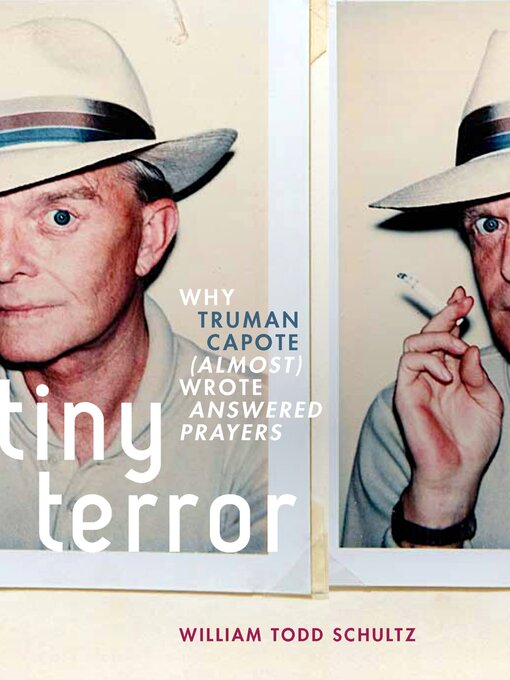- Available now
- Most popular
- Always available audiobooks
- All Fiction
- All Nonfiction
- New audiobooks
- See all audiobooks collections
- Battle of the Books - K to 2nd
- Battle of the Books - 3rd to 4th
- Battle of the Books - 5th to 6th
- Battle of the Books - Middle School
- Battle of the Books - High School
- See all featured collections


